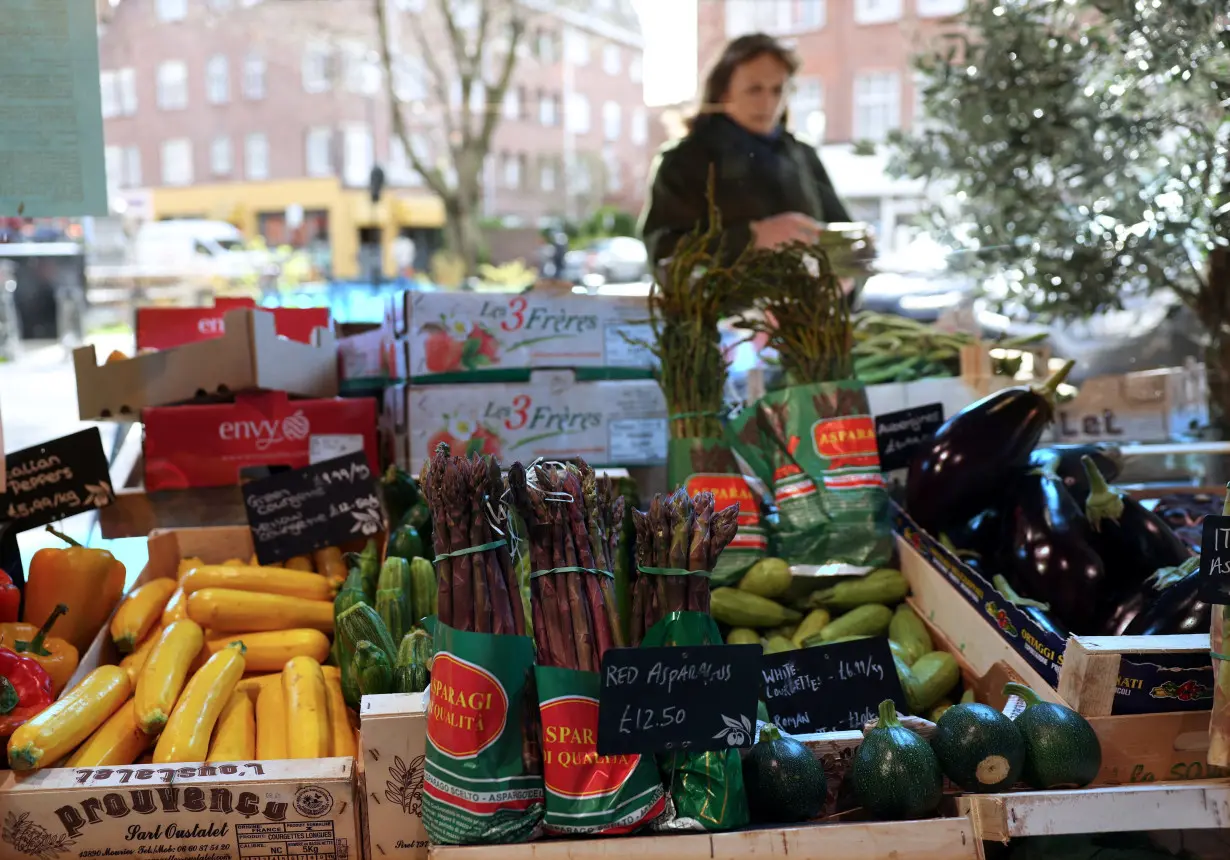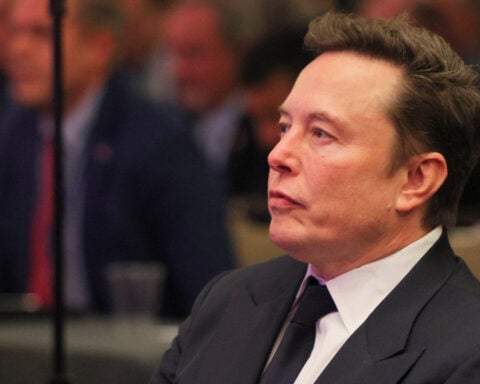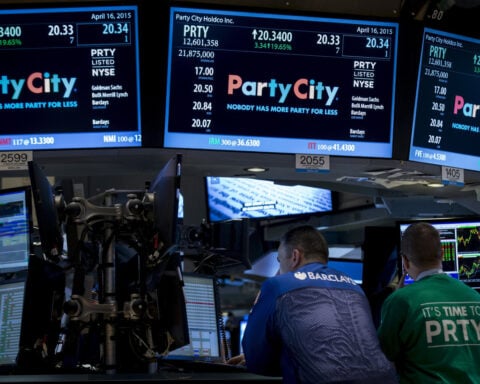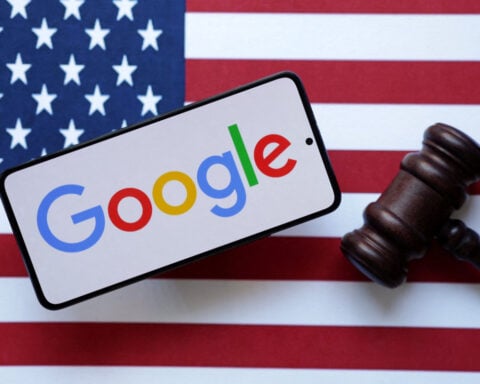By Suban Abdulla
LONDON (Reuters) -British shoppers increased their spending slightly in annual terms in September, according to a survey on Tuesday that showed demand for tickets for the reunion of rock band Oasis helped boost entertainment sales.
Barclays said spending on discretionary items last month rose by the most this year, with entertainment jumping by 14.4% - the biggest increase since July 2023 when U.S. singer-songwriter Taylor Swift opened sales for the British leg of her concert tour.
Barclays attributed last month's jump in entertainment spending to the opening of ticket sales for concerts by Oasis, who are reuniting after a 15-year split.
A separate survey from the British Retail Consortium also showed an increase in non-essential spending despite lingering industry concerns about tax rises in finance minister Rachel Reeves' upcoming budget and a looming rise in household energy bills.
The BRC said spending in shops increased by 2.0% in annual terms in September, the strongest uptick since March when it increased by 3.5% although less of a rise than the 2.7% recorded in September 2023.
Reeves took office in July following the Labour government's landslide election win and is set to deliver her first annual budget on Oct. 30. She has warned some taxes will increase, although she has ruled out increases to the rates of income tax and National Insurance social security payments.
"With energy prices having again risen, all eyes now turn to the budget and what impact that will have on household discretionary spending in the final quarter of the year," said Linda Ellett, UK head of consumer, retail and leisure at accountants KPMG, who sponsor the data.
Regulated energy tariffs rose by 10% on Oct. 1, increasing the typical annual bill to 1,717 pounds ($2,244)
Barclays said spending on its credit and debit cards rose by 1.2% year-on-year in September, the biggest increase since April after a rise of 1.0% in August.
However in real terms this represented a fall as British consumer price inflation held at 2.2% in September, slightly above the Bank's 2% target.
In contrast, spending on essential items declined by the greatest amount since April 2020, during the COVID-19 pandemic, as shoppers hunted for cheaper deals. Within that, spending on groceries fell for the first time since June.
Official retail sales data for August showed a 2.2% rise in retail sales in cash terms, and a bigger-than-expected 1.0% volume increase.
(Reporting by Suban Abdulla; editing by David Milliken, William Maclean)

 How to save a fentanyl victim: Key facts about naloxone
How to save a fentanyl victim: Key facts about naloxone
 Eight convicted in France over murder of teacher who showed Prophet caricature
Eight convicted in France over murder of teacher who showed Prophet caricature
 Death toll from German Christmas market car-ramming rises to four, Bild reports
Death toll from German Christmas market car-ramming rises to four, Bild reports
 France's Mayotte struggles to recover as cyclone overwhelms hospitals
France's Mayotte struggles to recover as cyclone overwhelms hospitals
 Russia's UK embassy denounces G7 loans to Ukraine as 'fraudulent scheme'
Russia's UK embassy denounces G7 loans to Ukraine as 'fraudulent scheme'
 Pope calls Gaza airstrikes 'cruelty' after Israeli minister's criticism
Pope calls Gaza airstrikes 'cruelty' after Israeli minister's criticism
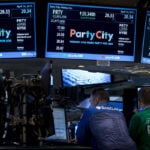 Retailer Party City files for bankruptcy, will wind down 700 stores
Retailer Party City files for bankruptcy, will wind down 700 stores
 Soccer's top players have had enough, as FIFA's new super-sized tournament sparks a revolt
Soccer's top players have had enough, as FIFA's new super-sized tournament sparks a revolt
 Lindsey Vonn finishes 14th in a super-G to mark her return to World Cup skiing at age 40
Lindsey Vonn finishes 14th in a super-G to mark her return to World Cup skiing at age 40
 Santa and Mrs. Claus use military transports to bring Christmas to an Alaska Native village
Santa and Mrs. Claus use military transports to bring Christmas to an Alaska Native village
